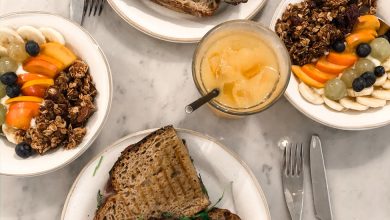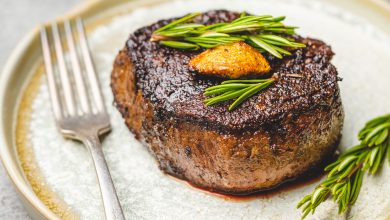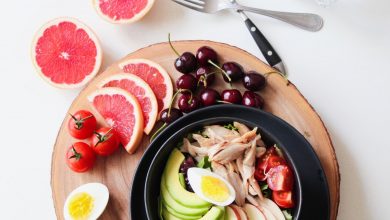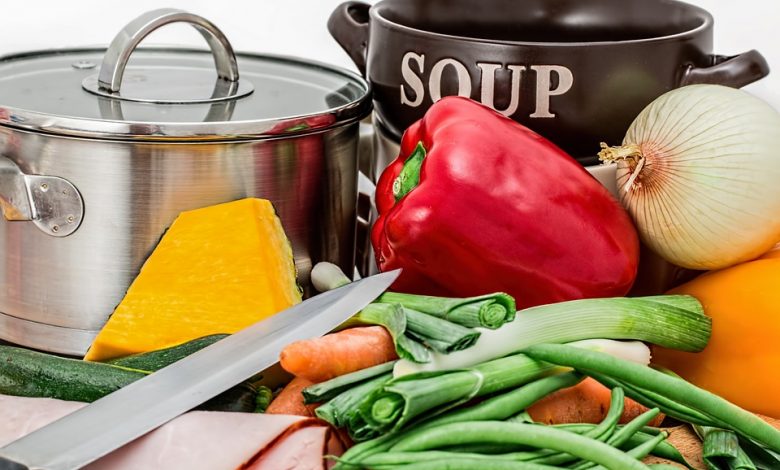
Healthy Diet Guide for Pregnant Women
A healthy diet guide for pregnant women will go a long way to keep both the mother and the baby strong and healthy during the entire pregnancy period. As we all know, it takes a healthy diet to live a healthy lifestyle, and your unborn child needs nutritious and healthy foods to grow and develop while in the womb.
That is why it is important for you as a pregnant woman to take a lot of healthy and nutritious foods in order to maintain a balanced diet and supply adequate nutrients to your baby. Usually, pregnant women are urged to visit their doctor and run examinations to ensure their baby is healthy and receives the right amount of nutrients for their growth.
For their sake and that of their babies, pregnant women must follow a nutritious and diverse diet. We have adopted this healthy diet guide for pregnant women all over the world and are sure it will improve your health and keep your baby safe during pregnancy.
Healthy Diet Guide for Pregnant Women: Here Are Some Important Tips
- As a pregnant woman, you need to take a lot of iron-rich diets to make up for the rapid iron assimilation by your body. Iron aids the formation of red blood cells, which implies that taking enough iron-rich meals will enhance the formation of red blood cells in both the mother and the child.
- A pregnant woman will notice an increment in weight, regardless of their weight before pregnancy. However, underweight women would gain more in kilograms or pounds than a pregnant woman who was overweight before becoming pregnant.
- A pregnant woman may also notice an increase in her appetite that will prompt them to eat a lot. What do you expect when she’s feeding for two or three, perhaps?
Important Daily Meal Plan for Pregnant Women
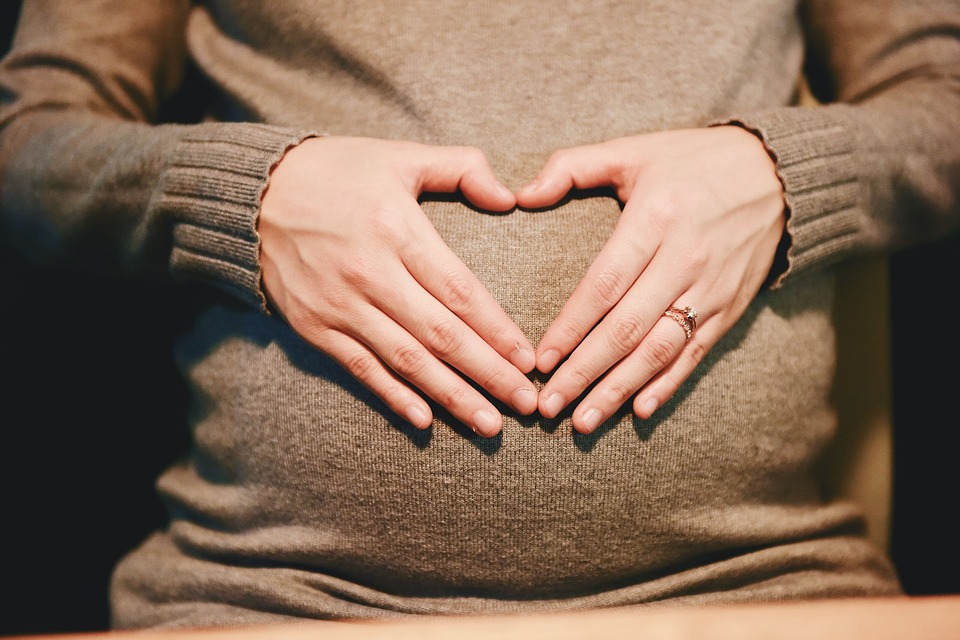
A healthy diet guide for pregnant women should be diverse and rich in all nutrients. Here is an easy-to-follow daily dietary guideline for women looking to stay healthy while keeping their baby fit as well.
Fruits & Vegetables
Every pregnant woman should take more fruits and vegetables every day. You may take them for at least four times a day in the form of fresh, frozen, canned, dried, and liquid fruit drinks. However, dieticians recommend taking more fresh fruits, as they contain a more significant amount of vitamins. On the other hand, juiced fruits contain a higher amount of sugars most times, and should be taken less often.
Carbohydrates
Carbohydrate foods like potatoes, rice, and bread are very rich in starch, which makes them energy-producing foods. All pregnant women need as much energy as possible to keep their body and that of the baby running. That is why taking some low-calorie carbohydrates like oats and whole grains will provide you and your baby with the needed nutrients to stay healthy and develop normally.
Proteins
As a pregnant woman, you need to consume protein-rich foods daily in order to meet up with the needs of your growing fetus. High-protein foods like fish, eggs, dairy products, chicken, and lean meat will help your baby grow, as well as build up their immune system. Pregnant women can also take protein-rich diets like beans, soybeans, legumes, and quinoa, which contain all types of essential amino acids which contribute to the growth and general well-being of the fetus.
Fats
While some fat foods can actually help the baby grow and develop in the womb, it is better to stay within the limits of healthful fats like sunflower oil, sesame oil, and nuts only. Generally, this class of food doesn’t have to constitute above 30% of a pregnant woman’s food meal plan. According to the Journal of Physiology, a fat-rich diet during pregnancy may cause the baby to develop diabetes in the future.
Fiber
Fiber-rich meals aid in bowel evacuation and prevent pregnant women from suffering constipation. Foods rich in fiber include bread, whole grains, rice, vegetables, et cetera. Since pregnant women experience constipation a lot due to the anatomy of their body during pregnancy, they must eat fiber-rich foods to aid digestion and tackle excessive weight gain.
Calcium
Calcium plays a great role in the baby’s growth and development, especially during bone formation. That is why pregnant women are advised to take at least 1000mg of calcium per day. Calcium-rich foods include cheese, milk, and yogurt.
Zinc
As an important trace element, pregnant women need just low doses of zinc to help reduce the impact of maternal infections and, thus, prevent premature birth. Zinc will also help to build the fetus’ cells and DNA and is important for cellular integration and protein synthesis during pregnancy. Examples of foods that can provide a pregnant woman with zinc mineral include oatmeal, chicken, ham, seafood, nuts, ginger, and eggs.
Iron
As stated earlier, a pregnant woman needs to take enough iron-rich foods to maintain a healthy lifestyle. Iron is an integral component of heme, which plays a vital role in the synthesis of red blood cells, which supply the whole body with oxygen. Just like the mother, a fetus requires a normal supply of blood and oxygen as well, which increases the demand for iron in the mother’s body to keep up normal oxygen supply.
Additionally, there’s always a sharp decrease in iron supply in pregnant women by the start of the second trimester. At this stage, they need to increase their iron intake to prevent anemia and other unwanted circumstances. Anemia, at this stage, may preclude excessive loss of blood while giving birth, stillbirth, underweight baby, and eventual death of the baby.
Foods rich in iron include chicken, salmon, tuna, and lean meat.
Specific Foods to Avoid During Pregnancy
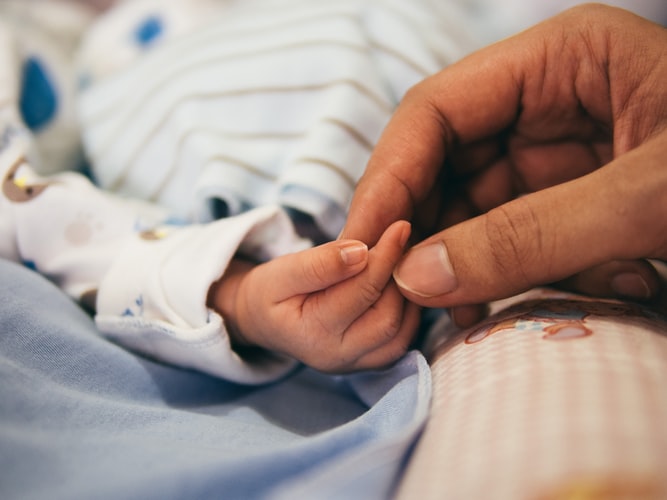
A comprehensive healthy diet for pregnant women can never be complete without underscoring some harmful foods to avoid, instead of just healthful foods to consume.
Experts have warned pregnant women to desist from these diets:
- Poorly cooked meat: A pregnant woman who eats badly cooked beef is prone to bacterial contamination.
- High-Mercury seafood: Mercury is a dangerous element that can harm the central nervous system and the digestive system of a pregnant woman. It can also impair the growth of a baby inside the womb. That is why all pregnant women must reduce or avoid taking high-mercury seafood like shark or swordfish.
- Uncooked eggs: Raw eggs in their uncooked state can pose a threat to the health of a pregnant woman and her baby. This is due to the risk of microbial infections such as Salmonella spp that are present in raw eggs. For this reason, pregnant women should only take cooked or pasteurized eggs. They should also avoid foods with a high level of uncooked eggs like poached eggs, salad dressings, cake icings, and others.
- Raw Meat or fish: For pregnant women, taking foods that contain raw or undercooked meat or fish can also induce microbial infection. These infections can also impact your unborn baby’s health via placental transmission.
- Excess sugar: Foods with high sugar content like biscuits, cakes, chips, and candy must be avoided or taken at very minimal amounts. This is because they are mostly sugary or fatty and can induce weight gain in pregnant women. While the mother will suffer the most harmful effects of excess sugar in the body, the fetus will share in the aftermaths too.
Are Caffeine and Alcohol Safe for a Pregnant Woman?
High caffeine intake during pregnancy can impact the health of an unborn child negatively. This is because of their inability to break down caffeine molecules during metabolism. When it piles up, it will limit the growth and development of the baby inside the womb and may lead to low weight for the baby at birth. A healthy diet for pregnant women will definitely exclude excessive intake of caffeine-rich foods, such as chocolate, energy drinks, coffee, soda, and others.
On the part of alcohol, abstinence is the best bet. This is because the baby’s liver isn’t strong enough for alcohol metabolism, which is bound to happen due to inter-placental transmission or diffusion. Pregnant women have to take adequate care of themselves in order to ensure the survival and good health of their babies. Bad diets during pregnancy have several complications that may become fatal if poorly managed. Make conscious efforts to follow this guide if you want to protect yourself and keep your baby healthy.
